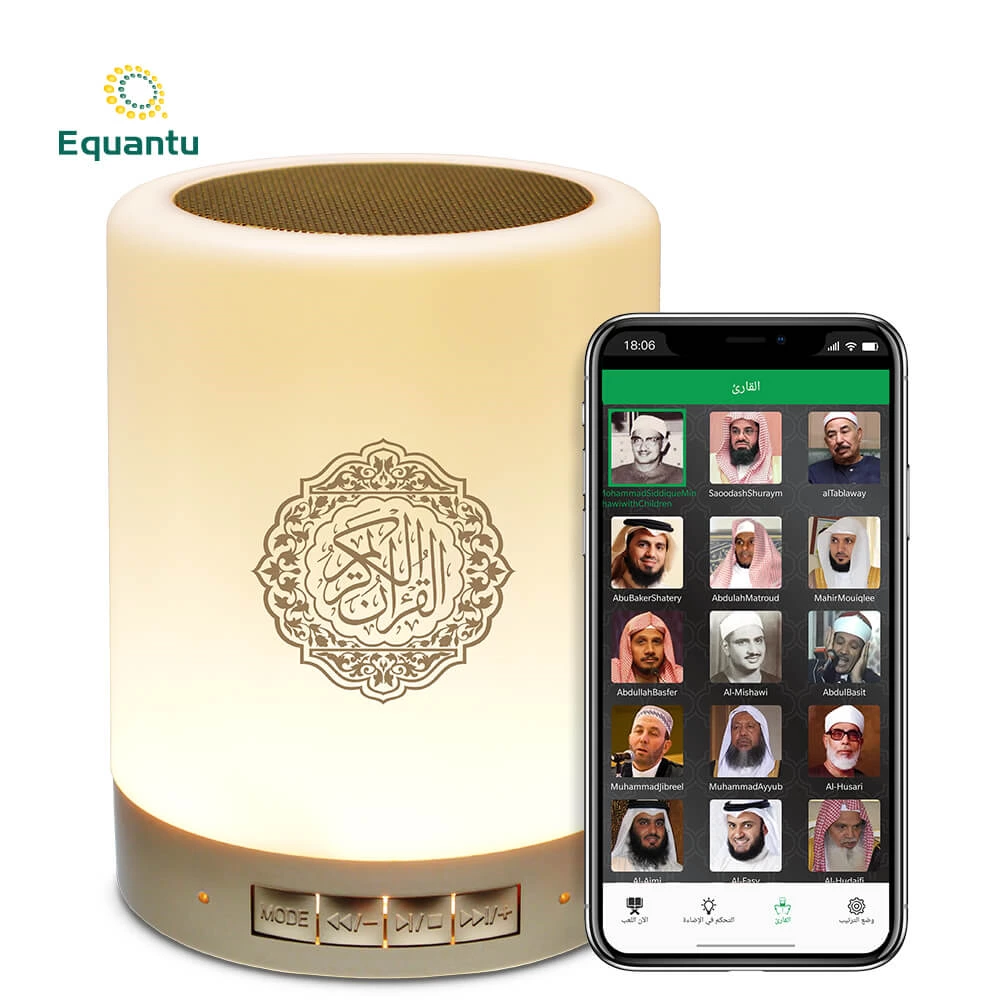Abstract: Islam is one of the three major religions in the world. Countries in the Islamic world are spread across two continents, Asia and Africa, and more than 50 countries. In addition, there are people who believe in Islam in many countries on all continents, including Britain, the United States, Russia, France, Germany and other countries. The core beliefs of Islam can be summarized by the "six beliefs" and the "five merits". Let me talk about the "six beliefs" first. The six beliefs are: believing in Allah, believing in the Angels, belief in the holy books sent to all the prophets, believing in all the prophets sent by God, believing in the Day of Judgment and life after death, believing in divine decree. Now, let’s take a look at the detailed introduction!
1.The benefits of believing in Islam
1. Get the true meaning of life, for example, where do people come from? What are you here for? Where do you go?
2. Following the Islamic lifestyle allows us to have a healthy body, pure soul, and noble moral sentiment. The Holy Prophet (pray for Allah’s blessings) said: “The wealth is not rich, but the heart is rich.” Therefore, because Muslims remember the Lord and worship the Lord, they are satisfied with their hearts, peace of mind, and open-mindedness. They always praise Allah. The perfect happiness of the soul brings harmony, tranquility and environmental protection to the surrounding environment.
3. The quality of life can be improved, knowing how to spend one's life to be happy and happy. Know what to do and what not to do. Know what to eat and what not to eat.
4. Understand that human beings are all created creatures of Allah, all descendants of Adam. Whether they are yellow, white, or black, they are all brothers and sisters. The purpose of Allah’s creation of human beings is to let humans know each other. Help each other, finally recognize the Lord, worship the Lord, respect the Lord and love others, and realize a harmonious society without race, class, and discrimination.
5. Understand that only by perfecting one's own good deeds can people be pleased with Allah.
2.Islam looks at life issues
1. How to teach others to behave in the world
Islam is a religion that advocates freedom of religious belief and advocates peace, fraternity, tolerance and perfection of all virtues. As the core concept of Islam, tolerance and love are mainly manifested in respecting human dignity, recognizing human differences, advocating freedom of belief, advocating forgiveness to others, upholding peace and mentality, and building harmonious relationships.
Islam believes that Allah bestows dignity on all mankind and guarantees that his dignity as a human being is respected. The Prophet Muhammad emphasized that all people, regardless of race, color, language or cultural background, should have equal rights. Islamic legal principles also recognize that all people have the right to life, property, honor, and belief. Therefore, the unprovoked deprivation of human rights to life is strongly condemned by Islam.
2. Islam's outlook on life
The Islamic outlook on life is established on the premise of basic beliefs. That is, the standard for judging good and evil based on right belief and misunderstanding. Only by converting to the orthodoxy guided by Allah can human beings move on the right path.
3. Islamic values
Islamic culture has a series of distinctive features and many important core values. Limited time, it is impossible to cover everything. Here, just choose the essentials and briefly explain the core values of Islam: peace thoughts, righteous thoughts, harmonious thoughts, justice thoughts, The two generations' auspicious views, equal ideas, free ideas, and tolerant ideas.
4. Islam's view of life and death
Islam believes that death is only a stage in the transition from this life to the hereafter. This is one of the most important beliefs in Islam. Believe that at the end of the world, everyone will be resurrected and be judged before Allah. The standard of judgment is the good and evil done by everyone in this world; if someone believes in the right way and does good deeds, this person will get a heaven. On the contrary, if someone does not believe in Allah and has a blatant deed, the reward will be the punishment of Hell.
5. Islam's view of love and marriage
Love is a beautiful emotion, and love is a beautiful emotion bestowed by Allah on mankind. Without love, human life is meaningless. And Islam advocates that people should understand and apply their love feelings reasonably. Then the love between men and women is normal and reasonable.
Islam opposes celibacy and widowhood. Marriage is regarded as a Muslim’s social obligation. Marriage is God’s best way of giving a legal life between men and women. The minimum requirement is that both men and women must be of the same faith (Islamic faith) and must be adults. Divorce is allowed, but not encouraged.
Marriage is half of the Islamic faith. In other words, marriage is half of Islamic morality, such as loyalty, chastity, kindness, generosity, tolerance, gentleness, struggle, love, compassion, compassion, care, education, education, trust, courage, kindness, temperance, etc. Morality can find a more natural path through married life. Therefore, Islam believes that whether a couple has the heart of fearing Allah and whether their moral character is good or bad depends on whether their married life is happy or not.
6. The Islamic view of family
The family is a unit of society. Islam attaches great importance to the harmony of the family. In the family, members must respect each other, parents must teach their children well, and children must obey their parents and communicate more with care and love. Members may not always agree on things, but they must respect each other.
7. The Islamic view of education
Educational culture occupies a very important position in the entire Islamic cultural system. The Islamic education concept is established and developed on the basis of Islamic culture, and has a strong religious color. It emphasizes the importance of knowledge and education, and advocates lifelong education. It has no special limitations on the objects of education, and the content of education is rich and colorful. These theories and methods are not only instructive for Muslims in the process of education, but also It has great practical significance for the cultivation of talents and the development of society.







